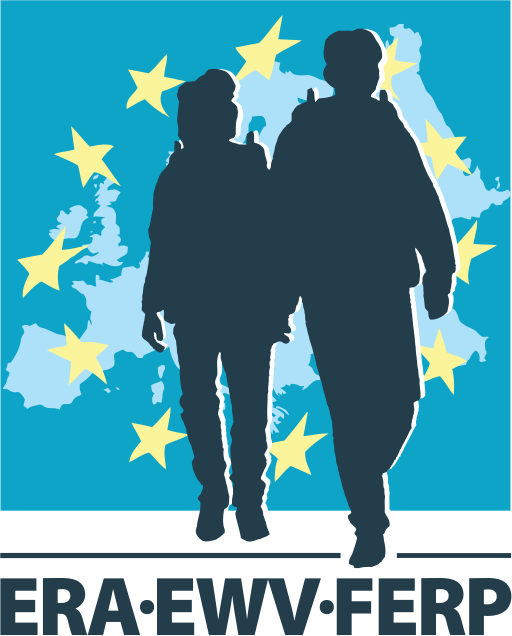A European Code of Good Walking
Codes of good walking exist in many countries. It is neither possible nor desirable to try to harmonise these codes. They have developed over long periods of history and are often based on experience and practice. For example, in some countries walking is done in large groups, while in others small groups or families are the normal way of walking. In some countries, carrying large rucksacks for walks over several days are popular, while in others day trips are taken without much weight on the back. In some countries, one is required to keep strictly to a footpath, while in others one is free to enter open countryside.
This European Code of Good Walking is not intended to replace existing national codes or standards. Our effort is to trace common good practices in order to give walkers a starting point for adapting their walking in other European countries.
- Our common European heritage is marked by diversity that we see as a treasure. Our aim is to discover Europe at the pace that comes most naturally to human beings, namely walking.
- Walking means very different things in different countries. Walking has developed in the context of different cultures. We would like to learn what walking means in the particular country in which we walk and want to respect this.
- We want to learn what access rules exist in the particular region in which we intend to walk.
- We would like to approach nature and culture with an open mind, trying to learn without prejudices.
- When we walk, we respect the property of others, avoiding any disturbance and destruction. We do not leave behind litter.
- We want to show consideration for animals and wildlife and avoid disturbing them in their natural surrounding. We leave flowers and plants where they grow.
- Everybody is entitled to enjoy the beauties of nature. We should avoid criticising other walkers and users of footpaths who perhaps follow other rules than those that we bring with us from home.
Walking Commission ERA, 2002
